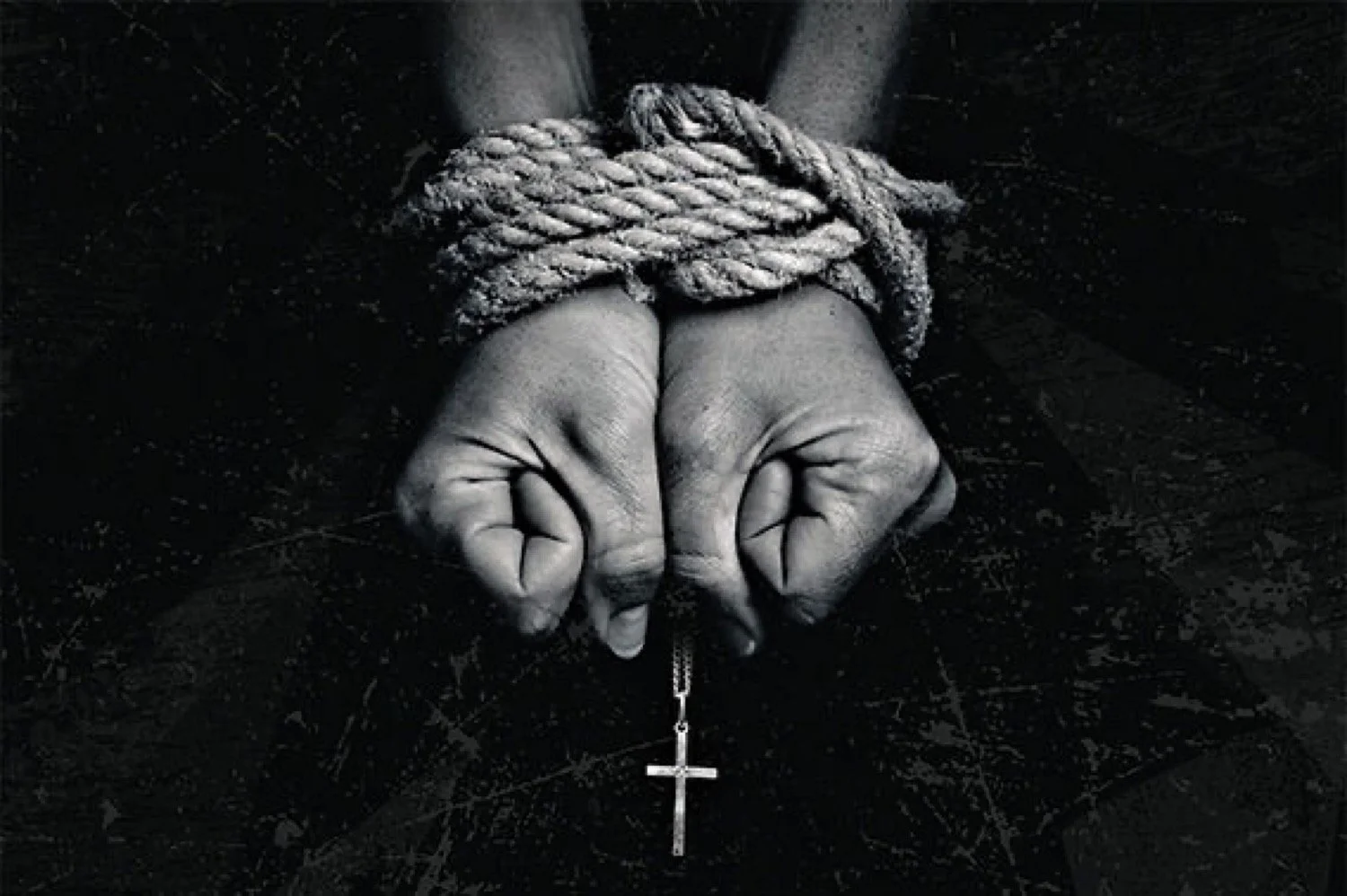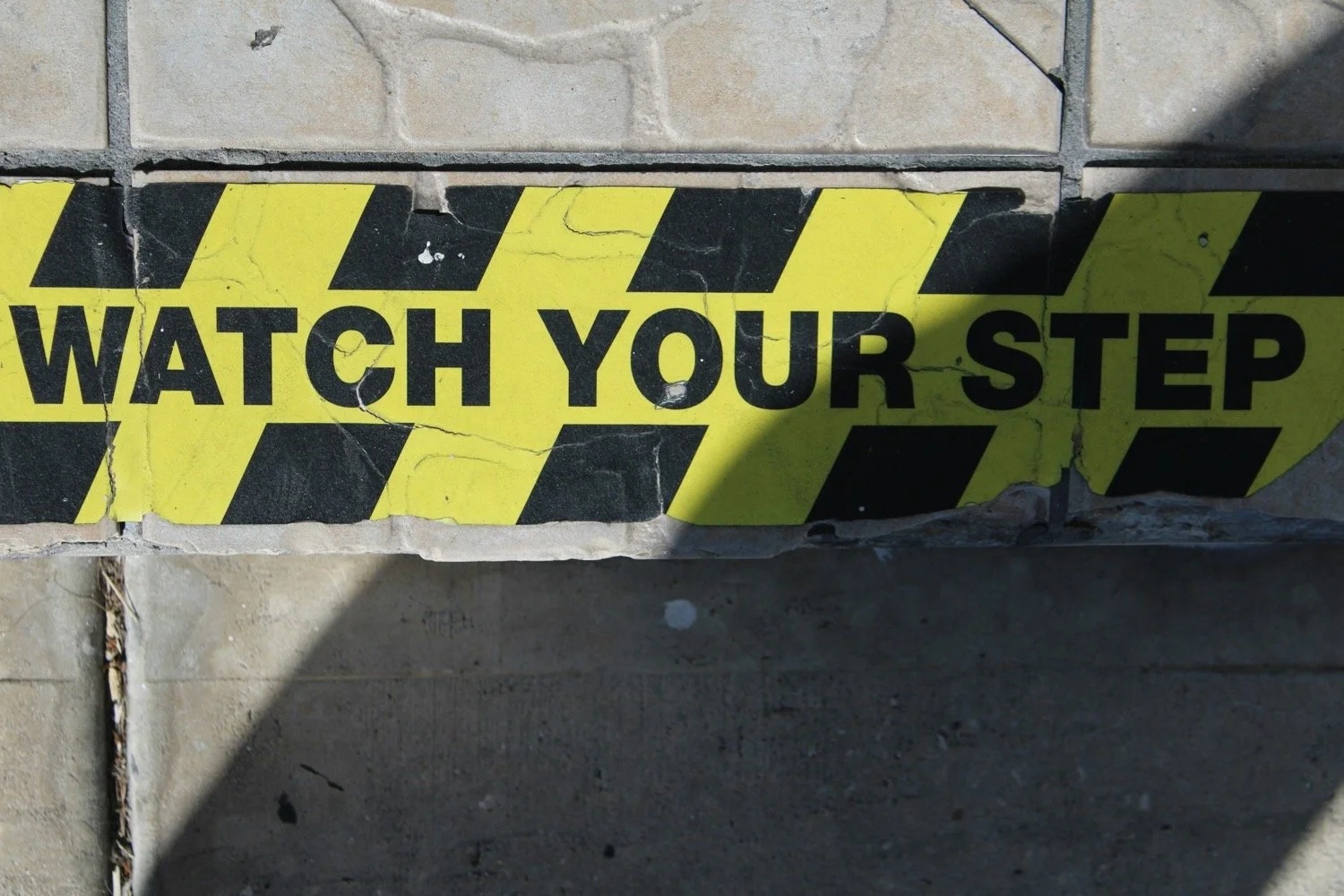Readings for today: 2 Kings 18:1-8, 2 Chronicles 29-31, Psalm 48
There is nothing like true worship. Worship that is Spirit-filled, Christ-centered, and focused solely on God. There is nothing like gathering with God’s people in worship. There is something powerful that takes place when we get together to worship and offer ourselves as living sacrifices back to God. We’re moved to tears. We dance and laugh and rejoice. Our vision of the world and those around us is stretched and expanded. Our relationships deepen as we focus more on others than we do ourselves. Our hearts are opened in ways we could not have imagined. We come face to face with who we are and the reality of our sin and at the same time, are overwhelmed by the grace of God. We get in touch with the deepest love we can possibly experience…the love of God. We are reminded of our core identity…our identity in Christ. We are filled to overflowing by the presence of God through His Spirit. It’s amazing and awe-inspiring and it’s why we fall to our knees in humble adoration.
I love the picture of true worship from our reading in Scripture today. It’s a powerful reminder that every generation is an opportunity for revival. No matter how dark things have been, God is always at work drawing His people back to Himself. As evil as Ahaz was, his son Hezekiah is cut from a different cloth. He moves in the opposite direction of his father. He steps out in faith. Cleanses the Temple. Restores the Levites. Leads God’s people in true worship. I love how the author of 2 Kings describes him, “Hezekiah put his whole trust in the God of Israel. There was no king quite like him, either before or after. He held fast to God—never loosened his grip—and obeyed to the letter everything God had commanded Moses. And God, for his part, held fast to him through all his adventures.” (2 Kings 18:5-6 MSG) And how did the author of 2 Kings know this about Hezekiah? What clued him in? It was the vision Hezekiah cast as he began his reign. A vision not for military might or the expansion of the empire or an economic boom but a vision for the restoration of worship in Judah and Israel. “I have decided to make a covenant with the God of Israel and turn history around so that God will no longer be angry with us. Children, don’t drag your feet in this! God has chosen you to take your place before him to serve in conducting and leading worship—this is your life work; make sure you do it and do it well.” (2 Chronicles 29:10-11 MSG)
I have made a covenant with God to turn history around…what an audacious dream! What a heavenly vision! Only God could accomplish what Hezekiah proposed and that’s exactly what happens! Hezekiah places himself and his people and the future of his empire in God’s hands and God responds by pouring out His blessings. It reminds me of something a great friend of mine likes to say, “If you take care of the things God cares about, God will take care of the things you care about.” And what does God care most about? His glory. The worship of His people. Gathering the lost and least of these so that they too can hear and receive and believe the good news. That’s why Hezekiah sends out evangelists throughout the land to call God’s people back for Passover. He wants the whole nation to stand before the throne of God in worship and adoration and praise. Is this our heart as well? Is this our heart for our families, friends, neighbors, and co-workers? Is this our heart even for the strangers we meet on the street or the enemies we may have made along the way in life? Take some time today and ask the Spirit fill you with His love for His people. Both the lost and found. The broken and the whole. The hurting and the healed. Then step out in faith and invite them to join you for worship!
Readings for tomorrow: Isaiah 27-30




